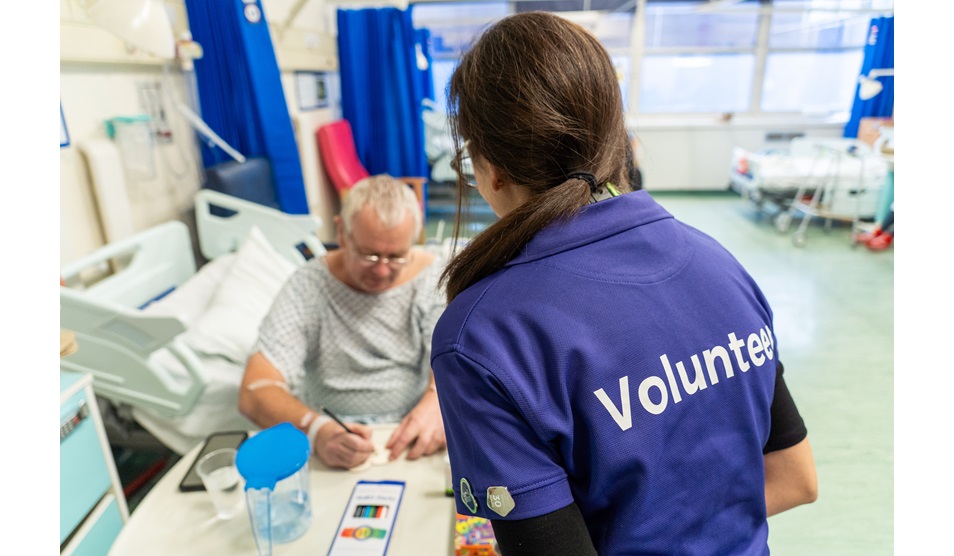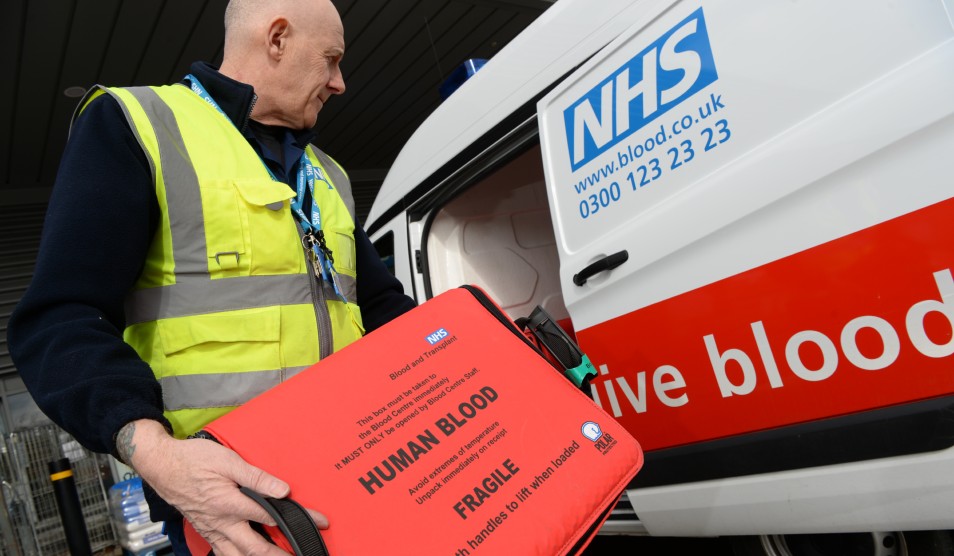Birthday honours for Imperial people
Four Imperial people are among those who have been awarded honours in the Queen’s Birthday Honours list.
Non-executive director, Nick Ross, former director of infection prevention and control, Professor Alison Holmes, honorary consultant, Professor Paul Elliot and Professor Azra Ghani, chair in infectious disease epidemiology in the school of public health at Imperial College London have all been recognised in this year’s honours list.
Nick Ross, non-executive director
Non-executive director, Nick Ross, was awarded a CBE for services to broadcasting, charity and crime prevention. He is best known as a broadcaster and journalist but has many years of experience in healthcare, bioethics and evidence-based public policy. Nick is a member of the Trust’s Remuneration and Appointments Committee, and the Redevelopment Board Committee. He also represents the Trust on the board of Imperial Health Charity and is president, chair or patron of several health-related charities including Healthwatch and Sense About Science.
Commening on the honour, Nick said: "I’m delighted but like all our non-execs I’m well aware that the real awards this year ought to be for our front-line clinicians and all the scientists, cleaners, porters, caterers and other support and domestic staff who have had to cope with the greatest healthcare ordeal outside wartime. Imperial College Healthcare should also be proud of its leadership team which has steered us skilfully through some unprecedentedly difficult challenges."
Professor Alison Holmes, infectious disease consultant and former director of infection prevention and control
Professor Alison Holmes, who recently stepped down as director of infection prevention and control at the Trust and is also Professor of Infectious Diseases at Imperial College London has been awarded an OBE for services to medicine and infectious diseases.
Professor Holmes remains an infectious disease consultant at the Trust and is also director of both the NIHR Health Protection Research Unit in Healthcare Associated Infections and the Centre for Antimicrobial Optimisation. In response to the pandemic, Professor Holmes has contributed to national Covid-19 responses through the responsive work of her NIHR Health Protection Research Unit, her involvement in national studies and her input into the UK Scientific Advisory Group for Emergencies (SAGE) Hospital Onset Covid-19 working group. She has also been active in the international Covid-19 response through roles with the World Health Organisation (WHO).
Professor Holmes leads a large multidisciplinary infectious disease research programme focusing on antimicrobial resistance, epidemiology, public health, precision medicine and the development of emerging, innovative technologies to address infection prevention and management, antibiotic optimisation and anti-microbial resistance.
Professor Holmes said: “It was a wonderful surprise to receive the news. I am incredibly lucky to work with inspiring colleagues and collaborators, and with such phenomenally talented and dedicated young people. It is great to have this recognition of the importance our work and the importance of multidisciplinary collaboration and global joined up efforts to prevent infections, address AMR, and ensure access to effective treatments."
Professor Paul Elliot, honorary consultant in public health medicine
Professor Paul Elliot, chair in epidemiology and public health medicine at Imperial College London and honorary consultant in public health medicine at the Trust was awarded a CBE for services to scientific research in public health. Professor Elliot is the academic lead for the Informatics & Biobanking research theme of the Imperial NIHR Biomedical Research Centre.
Following the outbreak of Covid-19 in the UK, Professor Elliott became the director of the Real-time Assessment of Community Transmission (REACT) programme, which is using home testing of over a hundred thousand randomly selected individuals each month to track England’s epidemic, involving more than 2 million people to date.
Professor Elliott’s research spans environmental epidemiology, genetic and molecular epidemiology and the development of large population cohort studies and biobanks.
Professor Elliott said: "I am absolutely delighted to have been honoured in this way. Research in Public Health depends on the work of many scientists from different disciplines working closely together and I would like to pay tribute to the many talented people I have worked with over the years.
“Our aim is to make a difference to the health of the public, striving for a healthier and more equitable society. We wouldn’t be able to carry out our work without the willing engagement of many thousands of patients and the public who take part in our studies. As an example, the over 2 million people in England who have contributed to the REACT programme so far have enabled us to track the spread of the SARS-CoV-2 virus and provide timely and accurate information to government to inform the policy response. It has been a great privilege to work on this huge endeavour, and I do believe we have made a real difference."
Professor Azra Ghani, chair in infectious disease epidemiology at Imperial College London
Professor Azra Ghani, chair in infectious disease epidemiology in the school of public health at Imperial College London has also been awarded an MBE for services to infectious disease control and epidemiological research.
Professor Ghani has been one of the foremost academic voices during the pandemic. Her research has been pivotal in the UK's response, identifying that self-isolation, home quarantine and social distancing could limit the number of UK deaths. She also has played a central role in our understanding of how Covid-19 will affect countries around the world, identifying that developing countries are likely to face extreme demand on health systems, despite having younger populations.





